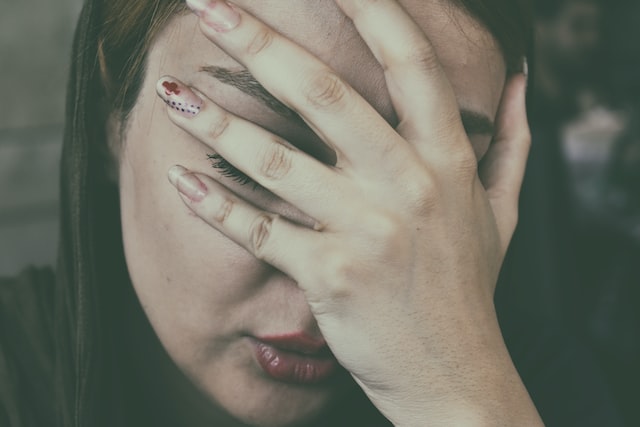Migraine awareness month is coming up, and you need to be prepared. If you don’t know how to deal with a headache, or if you’re not sure what kind of medicine will help, now is the time to learn. There are many types of migraine advocacy, and each one has its own set of symptoms. You need to be aware of the signs and symptoms so that you can seek medical help as soon as possible. In addition, you should also be familiar with what can help relieve headaches. This way, you won’t have to go through the hassle of going to a doctor—and you’ll get better faster!
Table of Contents
What is Migraine?
A migraine is a headache that can last for days or weeks. It’s caused by a virus, usually the common cold, and it can be severe. Migraine attacks can happen anywhere on the head, including the temples, neck, and Brain. They can be so bad that people experience a vision change and feel like they’re having a seizure.
How Do Migraine Attacks Happen?
Migraine attacks are usually caused by one of two things: a virus or an attack on the brain nerve cells called microglia. Attackers may also get migraines if they have had an electrical shock, some medications, or when they are around bright lights or heat exposure.
What Can You Do to Prevention Migraines?
If you have migraines and don’t know what caused them, the best thing to do is talk to your doctor about it. He or she can tell you about medications that might help stop the headaches and give you information about how to avoid them in the future. And if you experience more than one headache within a month of getting a new migraine medication, see your doctor again for another evaluation to make sure your new migraine medicine is effective at preventing future migraines.
What are the Benefits of Prevention of Migraine?
Some of the benefits of preventing migraines include: feeling less anxious and more relaxed, getting fewer headaches each day, and being able to have more productive days at work or school. If you’re still having headaches after trying these tips, see your doctor for another exam to check if there is a cause beyond your migraine medication.
How to Deal with Migraine?
If you are experiencing a migraine and can’t stop it, the first step is to seek medical attention. If you don’t have a headache, call your doctor to ask whether there might be something else going on. If you are in pain and find that taking over-the-counter medications or drinking caffeine won’t help, then you will need to see a doctor.
Migraine patients should drink plenty of fluids and avoid eating salty or acidic foods, as these can worsen the symptoms. They should also take over-the-counter medications as prescribed by their doctor if they experience any of the following: lightheadedness, blurred vision, chest pain, changes in appetite, nausea or vomiting, muscle weakness, or cramps.
If you experience any of these symptoms after getting a migraine attack, please go to the emergency room immediately! The goal is not just to survive but also to get help as quickly as possible so that you can improve your health and quality of life.
Please see the subsection “What To Do If You Experience A Migraine Attack” for more information on how to deal with an attack.
Migraine Awareness Month.
A migraine is a headache that can be severe, and it’s often accompanied by other symptoms such as nausea, vomiting, lightheadedness, and difficulty concentrating. There are many ways to deal with migraine, but the most effective way to prevent it from becoming severe is by being aware of its symptoms and seeking medical attention if they become overwhelming.
How to Deal With Migraine?
If you experience a migraine, try to take some ibuprofen or paracetamol right away after experiencing the headache. These medications can help relieve pain and may also reduce the number of days you have a migraine. If you’re still having problems after taking these medications, see a doctor for more information.
Migraine Awareness Month: What You Can Do to Help
In addition to taking medication and avoiding activities that might cause migraines, another key strategy for preventing them is to learn about them and their causes. The National Headache Society (NHS) has created an online resource called “What You Need To Know About Headache” that provides information on common migraine triggers and how to treat them. This resource can be helpful in learning about what might trigger a migraine and how to prevent them from happening in the future.
Conclusion
Migraine is a condition that can cause severe headaches. The attacks usually happen during one of several different periods of the day, but can also occur at any time. prevention is the most important step to take in dealing with this condition; however, there are many ways to help those who experience migraines. Migraine awareness month is an excellent time to raise public awareness about the importance of having regular migraine screenings and how to deal with an attack. You may also want to consider helping people who have migraines by doing things like making donations or speaking out against big drug companies that contribute to the spread of migraine attacks.















